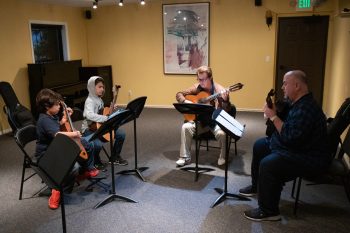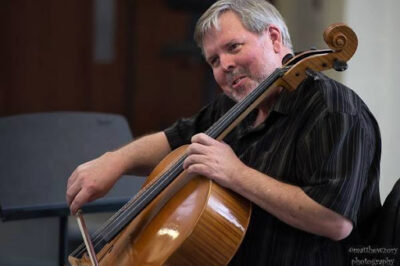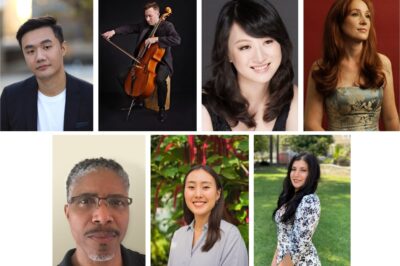Faculty Voices | Scott Tennant
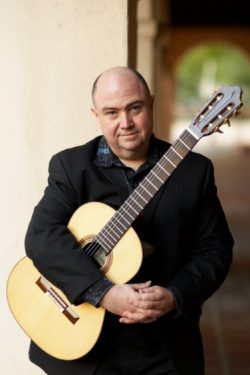
Scott Tennant is considered to be one of the world’s premiere guitar virtuosos. He is a founding member of the Grammy-winning ensemble Los Angeles Guitar Quartet.
Mr. Tennant is well known as a teacher and author, currently with eight books to his name. His first book, Pumping Nylon, is an advanced book on classical guitar technique and is used by students and teachers alike in most of the world’s major guitar programs. He lives in the Los Angeles area, is the Chair of the Guitar Department of the USC Thornton School of Music and an Artist-Teacher at the Pasadena Conservatory of Music, where he coaches student quartets.
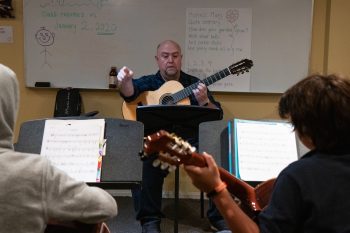
Hi Scott! How did you get started playing guitar?
I got my first guitar for Christmas when I was 6. My parents insisted I take lessons. They said: Lessons or the guitar goes back! So that’s how it all started. A few years later, I got an electric guitar and kept taking lessons until I was 11. Around that time, I started playing these little classical snippets that were included in the back of my guitar books. I loved the way those snippets sounded. I began listening to classical players like John Williams, Andrés Segovia, and Julian Bream… and just fell in love with it. I picked up a classical guitar and never touched the electric guitar again.
You grew up in Detroit. What brought you to Southern California?
I came out to Los Angeles in 1980 to do my undergrad at USC. I wanted to study with Pepe Romero. In fact, he said that if I came to USC he would form a quartet so that he’d have a group to perform at his masterclasses. So I did, and he put me and these three other people together and we ended up becoming LAGQ [Los Angeles Guitar Quartet]. We still have three of the original members. Next year will be our 40th year as a quartet!
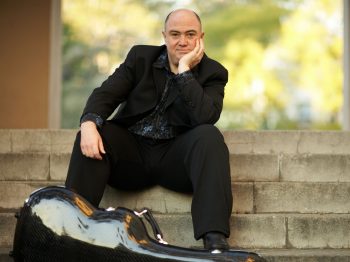
Is the quartet a common configuration for guitars?
Guitarists have been getting together to jam for ages and, in the past, they’d often sit around a square table, so in that way, guitar quartets have been around for a while, but the Romero’s really forged a path for serious guitar quartets and made them a more popular configuration. In general, it’s a good set up – they’re all the same instrument, so we can be very democratic and pass things around. No one’s stuck with any one part all the time!
The guitar, in general is pretty versatile, it can be all on its own, or in an ensemble… it fits everywhere.
How do you juggle an international performing career with being chair of the USC guitar department and coaching young, student quartets at PCM?
It actually all balances out pretty well. I give my teaching schedule and jury days to our manager and they know not to book us then. I do some solo concerts, but I don’t go out of my way to book things because the quartet can get pretty busy – we’re currently booking a year and a half out. So between our teaching jobs and families, we’re never gone for more than two weeks during the school year. The summer we can be gone as much as we want, this year we’ll be in Europe all summer – but it’s pretty easy to make up two weeks of lessons and coaching during the school year.
I love teaching. That’s why I do it. For me, it’s an important part of the creative process. When I’m working to solve someone’s issues, I often end up resolving some of my own. I always learn a lot from every lesson, and of course the results are rewarding, so I make sure to balance teaching and coaching with performing.
